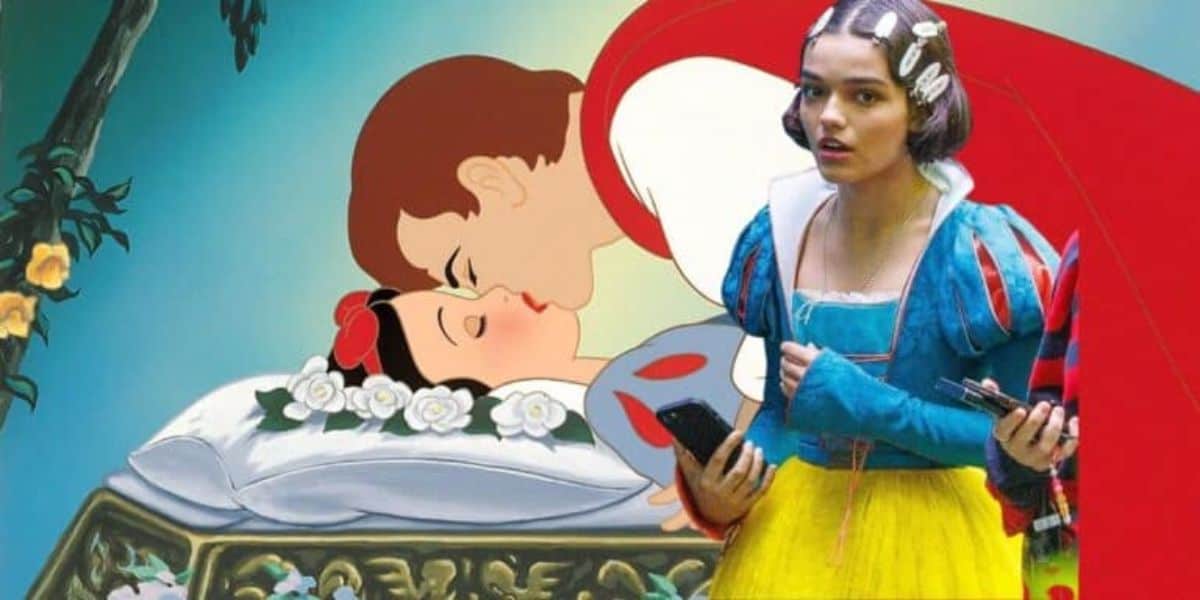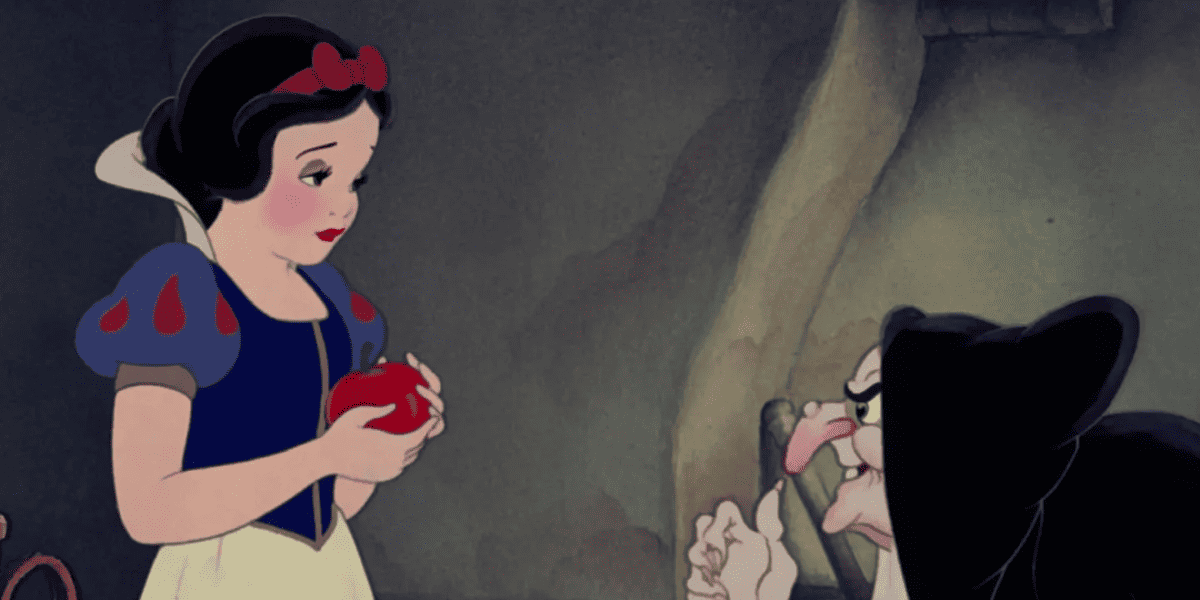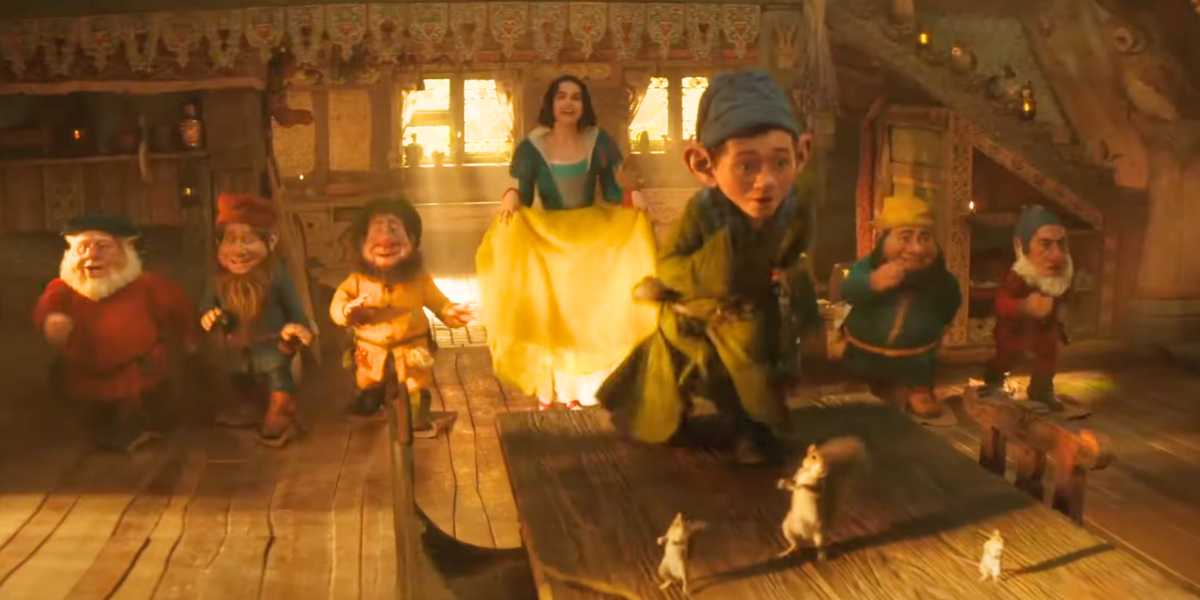‘Snow White’s’ Release Complicated by Trigger Warning Announcement
Trigger Warning Before Release
The release of Disney’s live-action Snow White has been marked by the announcement of a trigger warning issued by the British Board of Film Classification. This warning, which precedes the film’s opening, lists several specific types of content that may be distressing for viewers.

Among the items noted are depictions of a couple kissing, brief alcohol consumption, a character threatening violence in jest, and scenes involving skeletons, poisoning, and fights. These alerts aim to prepare audiences for content that could evoke strong emotional reactions, creating controversy even before the film is shown.
This decision has sparked reactions ranging from supportive to critical. Detractors argue that such warnings diminish the cinematic experience and impose unnecessary restrictions on artistic expression. Critics have described the warnings as “ridiculous,” claiming they detract from the excitement and tension intended in a live-action adaptation of a beloved fairy tale. As discussions ensue, the trigger warning adds another layer of complexity to a film marred by debate.
Controversies Surrounding Snow White
The controversy surrounding Snow White began well before the trigger warning. The casting of Rachel Zegler, who identifies as half Colombian, drew immediate backlash from segments of the public. Critics accused Disney of being “woke,” arguing that changing the character’s ethnicity was an unnecessary political statement that distorted the original narrative. The “woke” label gained traction after Disney announced it would replace the traditional seven dwarfs with seven “magical creatures.”

This controversy led to a significant response from Disney. Faced with backlash, the company altered the film’s direction, resulting in production delays and increased costs associated with reshooting scenes. The decision to prioritize inclusivity sparked debate on both sides of the aisle. Zegler’s subsequent commentary on the original Snow White film further fuelled the fire when she deemed it “weird,” citing the problematic romantic implications of Prince Charming.
Delays and Financial Implications
The tumultuous road to Snow White’s release has sparked public controversy and resulted in logistical challenges. Initially slated for a 2024 release, the film’s opening was pushed back to 2025 due to reshoots intended to rectify the backlash surrounding its character choices. Due to these changes, production costs skyrocketed, exceeding $270 million before accounting for marketing and publicity expenses.

Disney’s decision to alter the film’s content is viewed as a reflection of changing societal norms, but the financial implications have raised eyebrows among industry experts. With such high production and promotional expenditures, the company now faces heightened pressure to deliver box office success and critical acclaim, which, if accomplished, may help mitigate the heightened financial stakes.
Public Reception and Early Reviews
Disney has scaled back its premiere events in key markets such as London and Los Angeles to address rising controversies. This strategic choice appears to help manage public opinion around the film, which has garnered mixed pre-release sentiment. Despite these setbacks, early reviews have indicated that the film could deliver a solid viewing experience.

Critics and audiences alike have shared a range of impressions, with some praising the film’s modern take on the classic story and others expressing reservations tied to the ongoing discussions about representation and inclusivity. The anticipation surrounding box office performance remains high, as many industry insiders speculate about whether Snow White can achieve financial success amid its tumultuous lead-up and ongoing debates surrounding its choices.
As the film approaches its scheduled release, it stands at the crossroads of tradition and contemporary values, with its narrative and reception sure to evoke further discourse in the coming months.






Oh good gracious. What have we become? What have we done to our children?